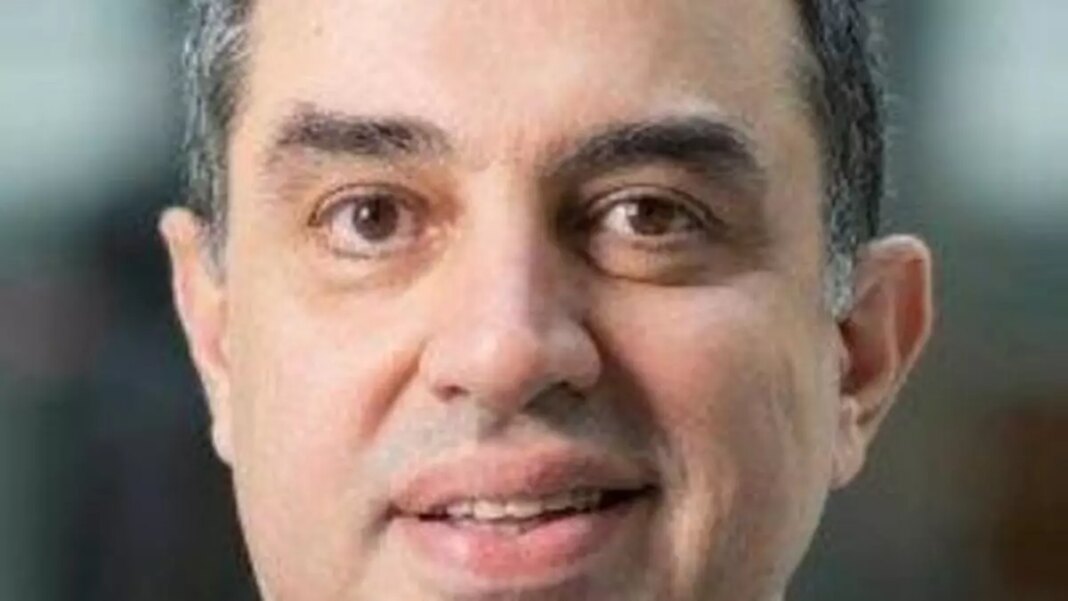The International Finance Corporation (IFC), a member of the World Bank Group, will provide a $400 million loan to Bajaj Finance Ltd (BFL), a leading non-banking financial company (NBFC). This funding, part of BFL’s $1 billion fundraising initiative, aims to expand access to climate finance for electric vehicles (EVs) and energy-efficient consumer goods (EECG) in India.
The investment is set to boost competitiveness in the climate finance sector, align with national climate goals, and enhance financial inclusion across the country.
Sandeep Jain, Chief Financial Officer & Chief Operating Officer of Bajaj Finance Ltd., said, “IFC’s funding of $ 400 million serves as a catalyst for diversifying our financing sources. With this, our volume of outstanding climate loans stands to increase 4x to $600 million in 2027 from over $150 million in 2024.
It helps us enable greater usage of EVs and energy-efficient consumer goods, support more women-owned micro-borrowers, and contribute better to India’s inclusive and low carbon future.”
Imad N. Fakhoury, Regional Director for South Asia, IFC, said, “Accelerating climate financing is crucial for India to meet its net-zero goals. IFC’s investment in Bajaj Finance will boost market competition, inspiring other NBFCs and investors to expand their financing for energy-efficient solutions, e-mobility, and microfinance. With Bajaj Finance, a like-minded partner, IFC is fully committed to accelerating green growth for the country while empowering women and closing the gender gap, he said.
India is the world’s third-largest energy-consuming nation. As the country rapidly develops its energy sector, millions of households are expected to buy new appliances, air conditioners, and vehicles. By 2050, the demand for air conditioners is expected to rise ninefold, significantly increasing greenhouse gas emissions. The household appliances market in India is further estimated to be $59.19 billion in 2024 and is projected to grow annually at 7.35 per cent.
Against this backdrop, EECG is key to India’s low carbon growth path, especially with households accounting for 26 per cent of overall energy consumption and 25 per cent of electricity consumption. EECG will help consumers save on electricity bills and support India’s goal of cutting emissions intensity by 45 per cent by 2030. However, increasing awareness and understanding of EECG is essential.
While India has a Bureau of Energy Efficiency-led Star Label programme to rate the energy efficiency of consumer goods, the adoption of EECG and financing is limited. Only 26 percent of consumer goods requiring a mandatory star rating (except LED lamps) are rated as 5- or 4-star efficient.


